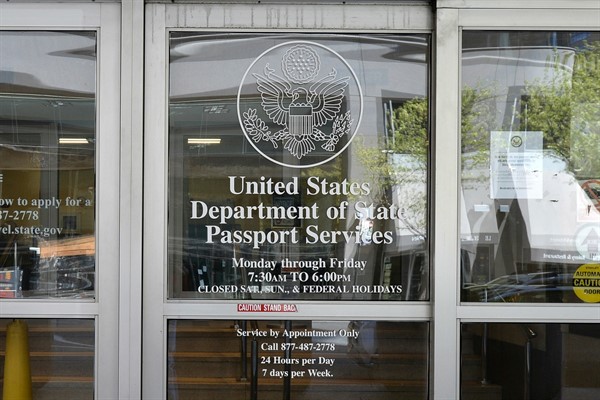Late on the night of April 20, President Donald Trump abruptly announced on Twitter that he would “temporarily suspend immigration to the United States” as the toll from the coronavirus pandemic continued to rise. Trump cast the decision as a response to COVID-19 and its economic devastation—“In light of the attack from the Invisible Enemy, as well as the need to protect the jobs of our GREAT American Citizens,” as he tweeted. The move, which caught his own administration off guard, elicited fevered commentary over his legal authority to do so, and its potential economic costs. After an outcry from business leaders, Trump retreated somewhat: His executive order signed on April 22 halted only new green cards, not guest worker programs, and would be reviewed after 60 days. If made permanent, the ban would reduce U.S. immigration by an estimated 30 percent.
It’s clear that public health played little role in the president’s decision. More than 600,000 Americans had already contracted the coronavirus—a third of all reported global infections—suggesting immigration would have negligible impact on the virus’s spread in the country. As always, Trump’s motivations were political. The pandemic was yet another opportunity to rile up his nationalist, populist base in the name of “America First.” It would also advance a core objective of nativists in his administration, not least senior adviser Stephen Miller: preserving the nation’s ethnic and racial composition, to ensure the continued societal dominance of its white population.
The promise to curtail both legal and illegal immigration has been Trump’s calling card since he announced his presidential candidacy in 2015, promising to build a “great, great wall” along America’s southern border. Trump’s promise to “fix” the country’s immigration policy was arguably the most decisive factor in his 2016 election. Two years later, in the run-up to the 2018 midterms, he was again stoking anti-immigrant hysteria over “chain migration” and “migrant caravans” from Central America.

